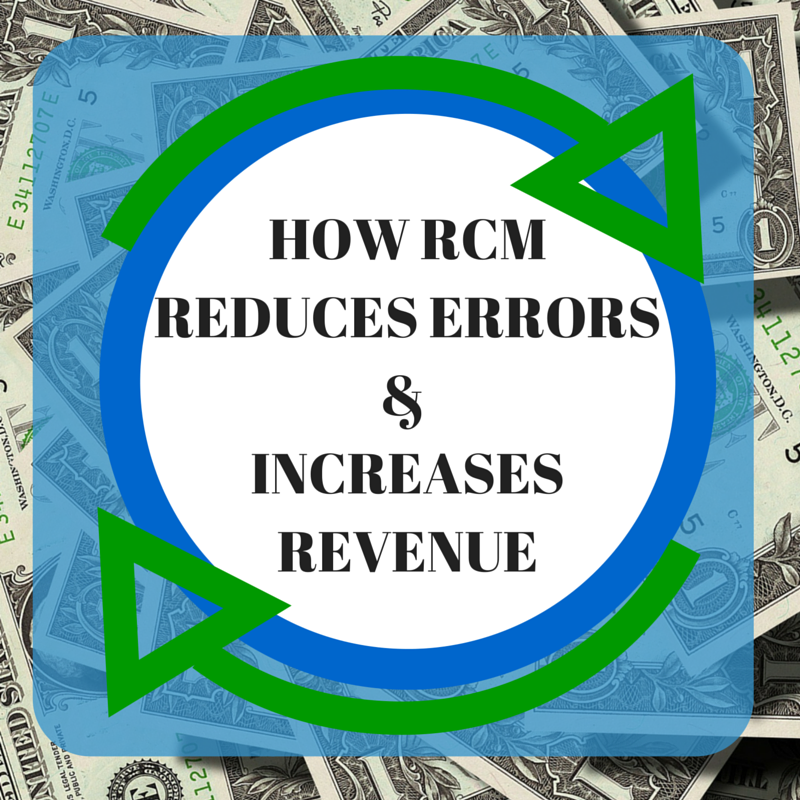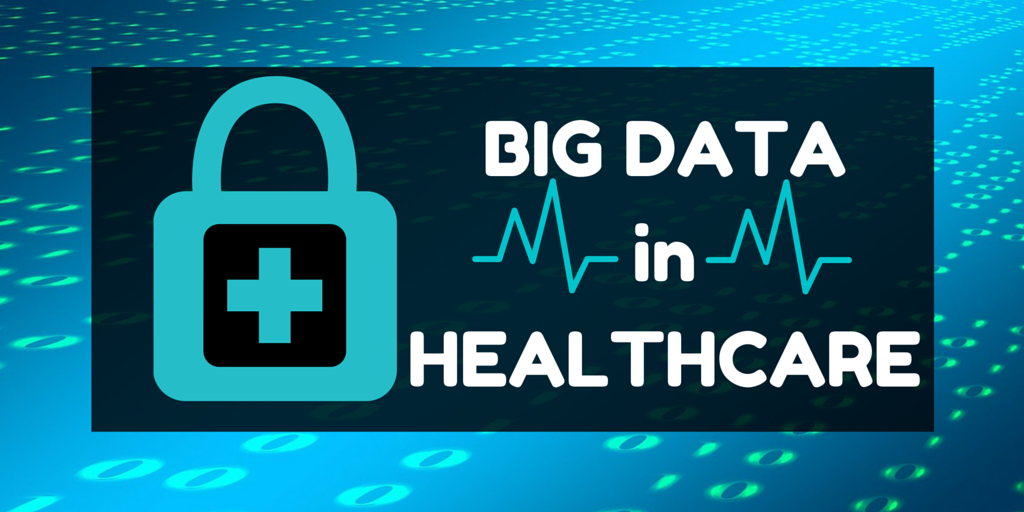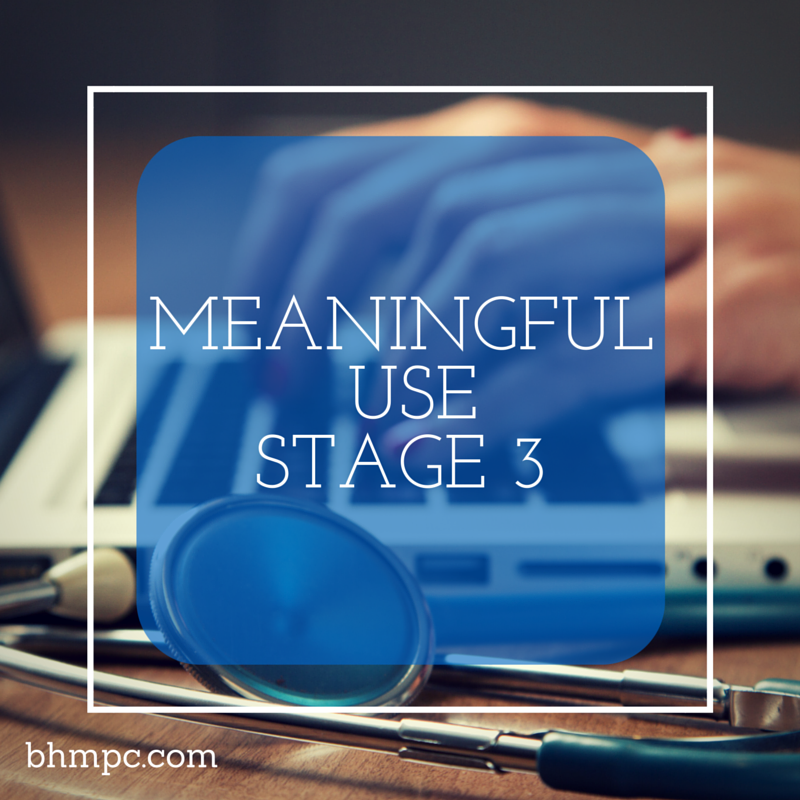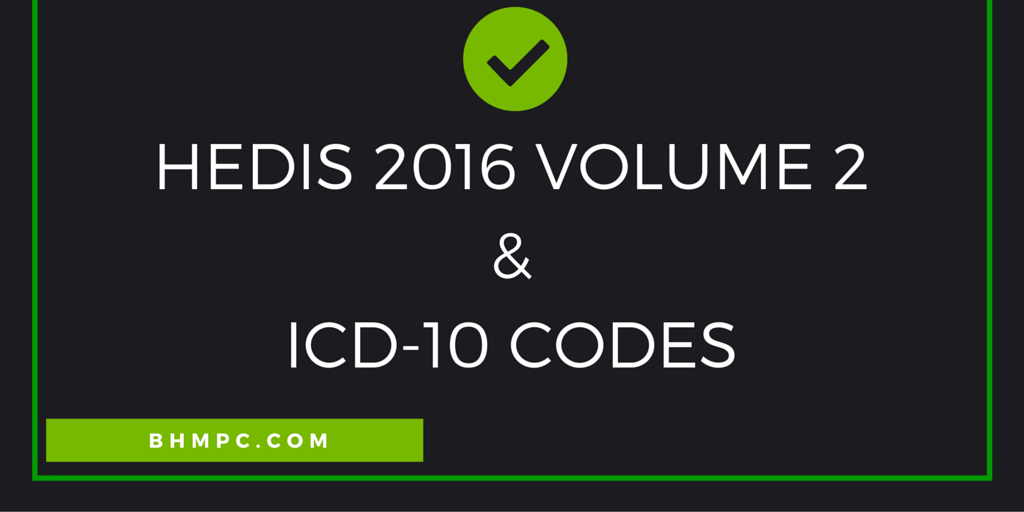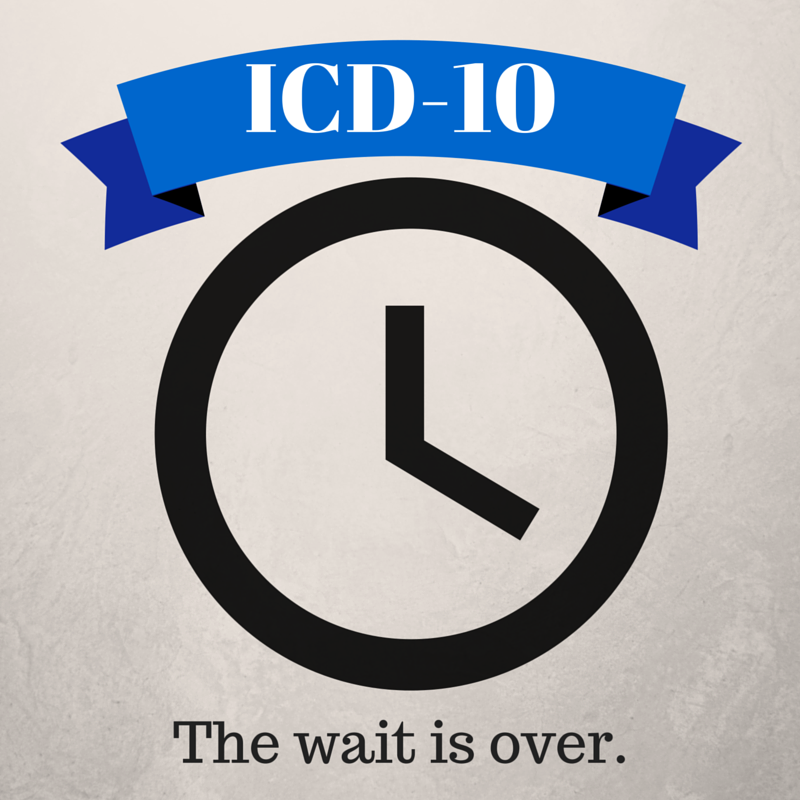5 Key Elements of the Peer Review Process
Lately we have been talking about the important of Independent Review Organizations (IROs) and peer reviews in the healthcare ecosystem. Today we continue this discussion and delve deep into the importance of the peer review process. We know that peer reviews are a crucial part of healthcare because they hold medical professionals and organizations accountable in addition helping to build a world of trust between patient and physician. The peer review process is one that consists of high levels of property technology and superior customer service. By boosting transparency in healthcare, peer reviews have become an essential standard helping to make healthcare safer and more efficient. So let’s take a look at the 5 core building blocks of the peer review process.



